“I’m a 35-year-old lady and I’ve always suffered from psoriasis since childhood. The GP has prescribed various creams to help the condition which of course come with their own side effects. However, recently, it has worsened, and I don’t seem to be able to control it, but I really want to try to avoid more or stronger medication. My diet isn’t bad, but I could really do with some guidance on what to eat. Many thanks, Amber.”
Clinical Nutritionist, Suzie Sawyer, answers.
I’m really sorry to hear your story; psoriasis is often a debilitating and distressing condition.
As I’m sure you’re aware, psoriasis is essentially a skin condition where excessive skin cells are produced in a shorter period of time than normal, leading to the dry, scaly, and often painful patches. We’re not exactly sure what causes the condition, but we do know that it’s an autoimmune disease and is often exacerbated during stressful periods.
The impact of fats in the diet
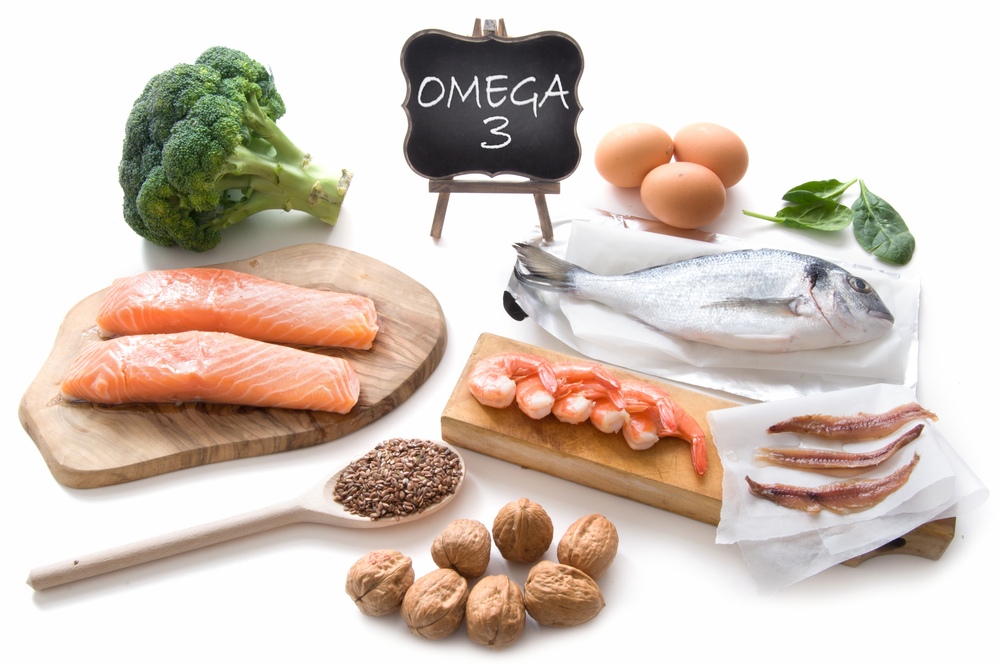
Psoriasis can be worsened by eating some fats, hence it’s good to keep intake of saturated fats found in meat, cheese, and dairy produce to a minimum. However, having a good intake of the omega-3 and 6 essential fats is very important. These are polyunsaturated fats that must be obtained from the diet, and which have an anti-inflammatory effect in the body. To this end, I would recommend you include plenty of ground flaxseeds (two rounded tablespoons daily) sprinkled over your cereal or mixed into a plant-based yoghurt or smoothie.
Check for food allergies or intolerances
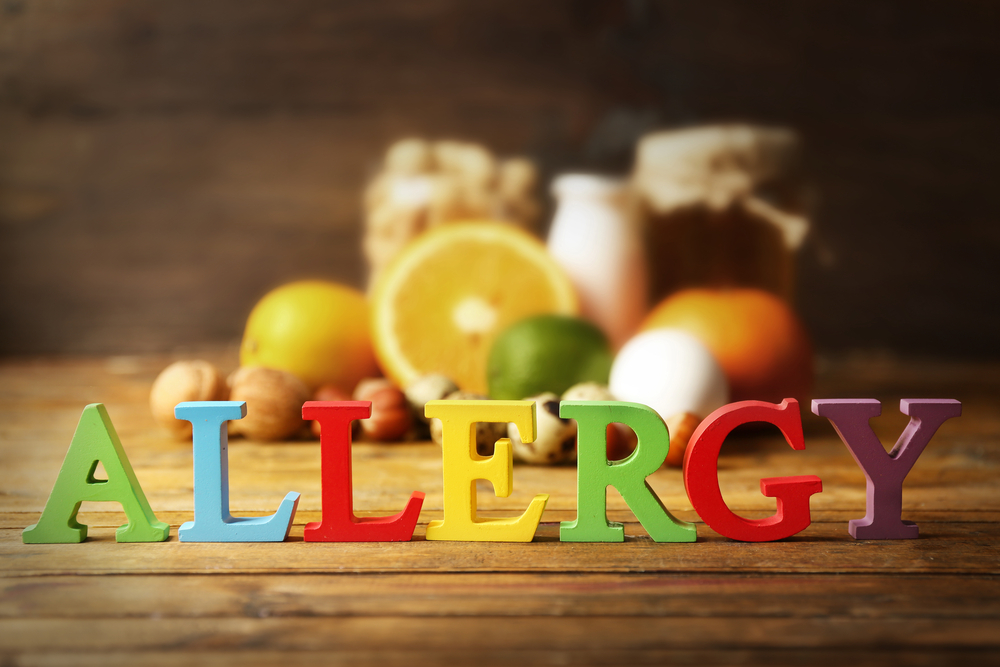
It would also be worth having some food allergy and intolerance testing to make sure there is nothing you’re eating that may be making the condition worse. If you are intolerant or allergic to foods or other environmental factors, these can trigger an immune response, which causes inflammation and will make psoriasis worse. A nutritionist can certainly help with these tests.
Eat more plants
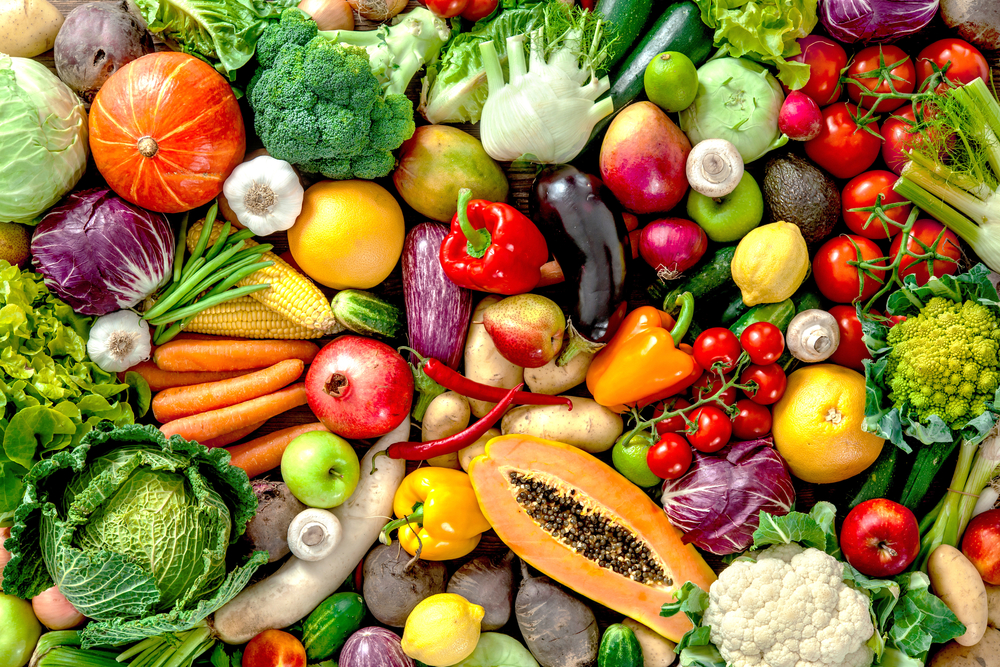
It’s important for you to adopt a diet that is high in plant-based foods, including loads of green leafy vegetables, some fruit, beans, and whole grains such as quinoa, whole grain rice, buckwheat, and oats. Essentially this means loads of colour on your plate from a variety of foods.
Eat enough protein
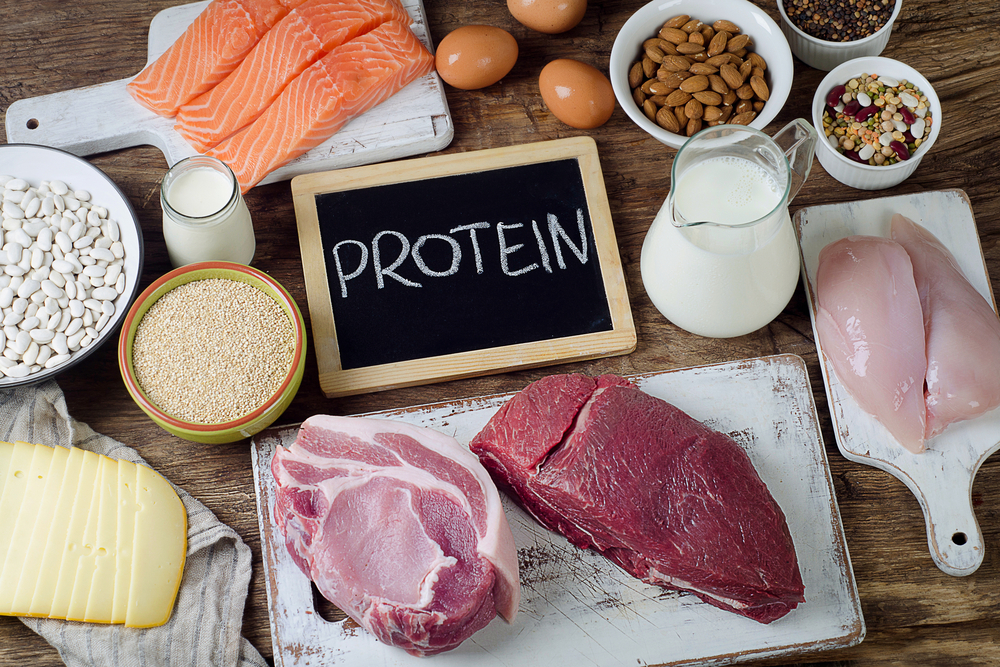
It’s important though to keep a check on protein intake because this macronutrient is needed for repair and collagen production for healthy skin. I would avoid or minimise eating red meat but include beans, lentils, soy, eggs, sheep’s or goat’s milk, turkey, and fish. Indeed, oily fish such as salmon, mackerel and sardines are your friends as they’re rich in the omega-3 fats which are essential for healthy skin.
Support your liver
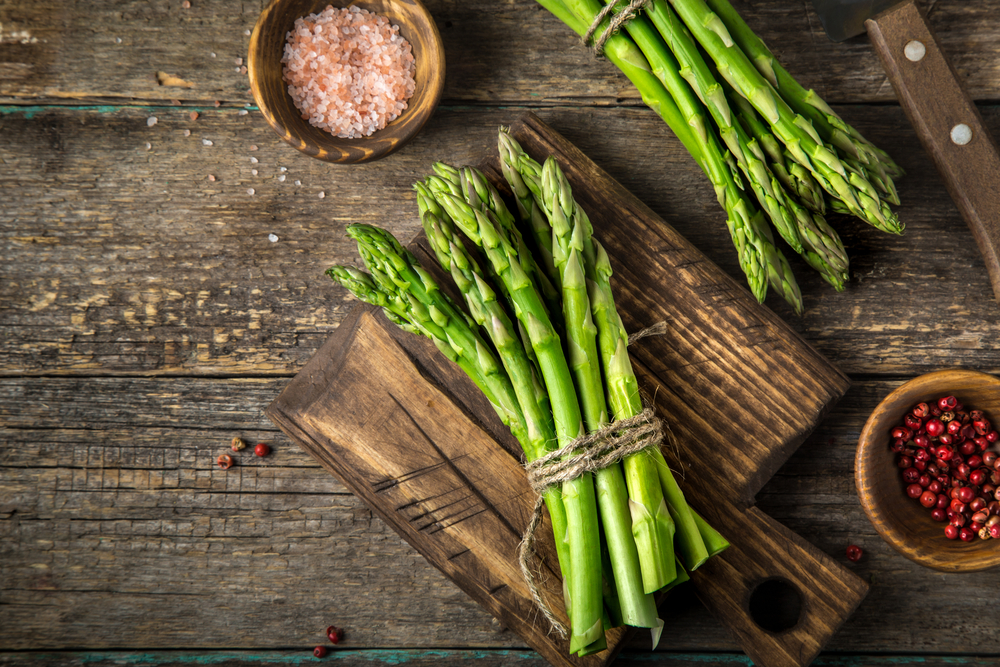
As the liver must process all foods that we eat, it’s important to support its function as much as possible. Try to limit sugar, alcohol and processed foods and include dandelion coffee, artichokes, asparagus, and green tea which the liver loves. I would also recommend taking the herb Milk Thistle which is readily available in supplement form and is great for supporting liver function.
Support your digestive system

Finally, do make sure your digestion is working correctly! Being constipated is not going to help, so if you’re struggling then drink plenty of water and increase fibre content (flaxseeds are actually great in this respect too).
I really hope that all helps, and you gain some relief soon.

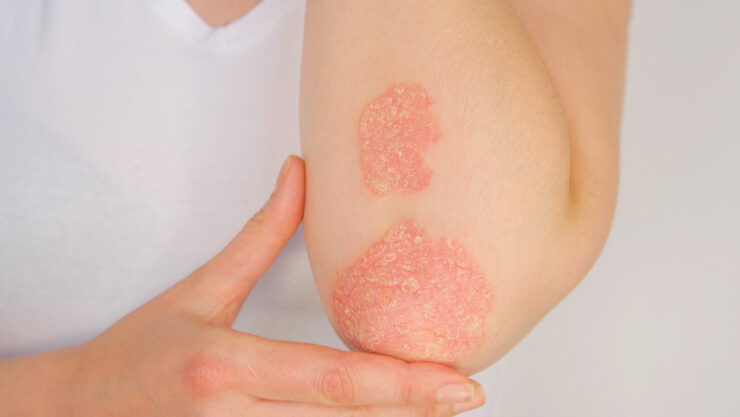






















Add comment